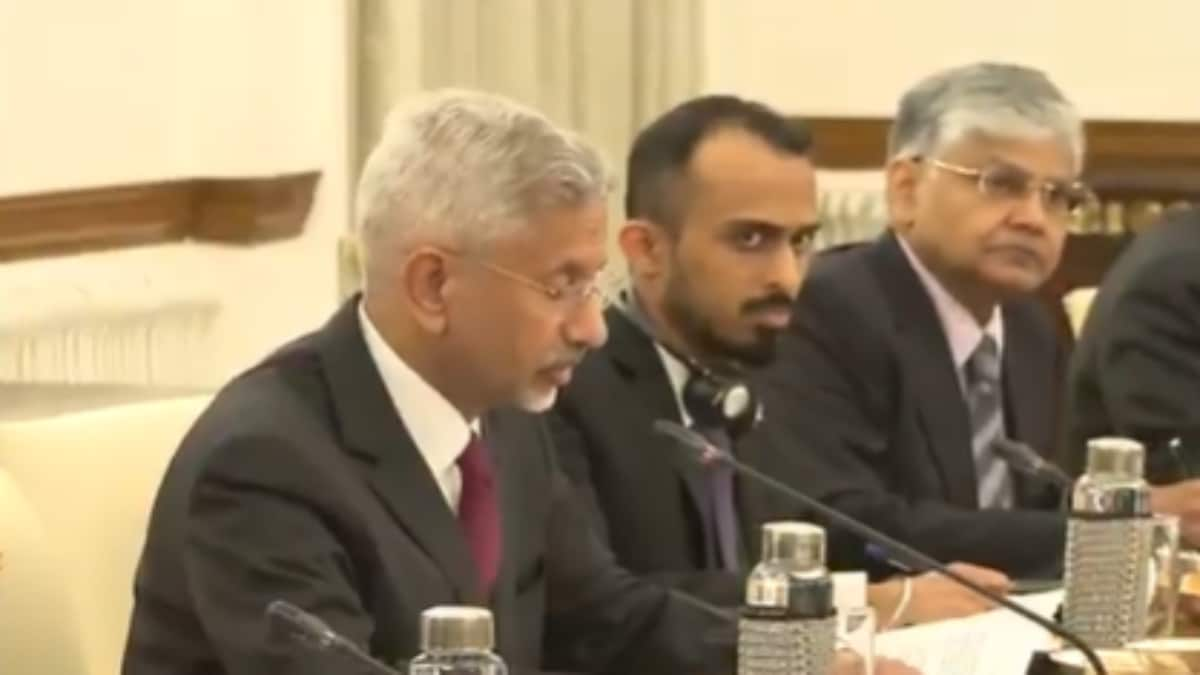

External Affairs Minister S. Jaishankar has articulated a vision for resetting India-China relations, emphasizing the importance of "three mutuals": respect, sensitivity, and interest. These principles were conveyed to Chinese Foreign Minister Wang Yi during his recent visit to New Delhi.
During the meeting, Jaishankar underscored that a candid and constructive approach from both sides is crucial to moving forward after a "difficult period" in the relationship. He stressed that differences should not escalate into disputes, and competition should not morph into conflict. He also said that the ability to jointly maintain peace and tranquility in the border areas is the basis for any positive momentum in India-China ties. It is essential that the de-escalation process moves forward.
Jaishankar acknowledged the current global environment and the clear need to maintain and enhance economic stability. He also noted that the fight against terrorism in all its forms and manifestations is a major priority.
Wang Yi's visit to India precedes Prime Minister Narendra Modi's trip to China for the Shanghai Cooperation Organisation (SCO) summit. This is the first visit by a Chinese minister since the leaders of both countries met in Kazan in October 2024. Jaishankar stated that this visit provides an opportunity to review bilateral ties and exchange views on the global situation and issues of mutual interest.
According to Wang Yi, both New Delhi and Beijing have maintained peace in the border areas. He added that the pilgrimage to Mount Kailash has also begun and that the two countries must continue the momentum to contribute to each other's success.
Discussions between the two ministers are expected to cover economic and trade issues, pilgrimages, people-to-people contacts, river data sharing, border trade, connectivity, and bilateral exchanges. Jaishankar also intends to follow up on specific concerns he raised during his visit to China in July.
The relationship between India and China experienced a downturn following actions by the Chinese military along the Line of Actual Control (LAC) in eastern Ladakh, leading to a standoff. The standoff began in April-May 2020, and tensions have eased somewhat due to agreements on the disengagement of border troops from some friction points. In anticipation of the 2024 BRICS Summit, India and China reached an agreement regarding patrolling arrangements along the LAC in eastern Ladakh, signaling progress in easing tensions.
During the talks, Jaishankar conveyed that he expects discussions to contribute to a stable, forward-looking relationship between India and China.